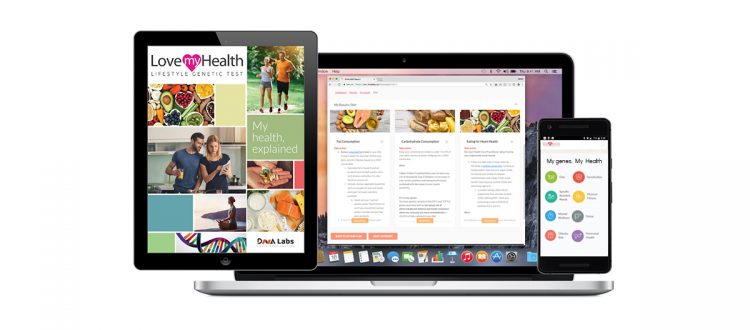Genetics of Summer: Personalized Nutrition and Lifestyle Through DNA Testing
In recent years, the advent of personalized genomics has had a considerable influence on our understanding of nutrition and lifestyle. These genetic insights offer a window into how our bodies are likely to respond to various dietary inputs, fitness regimens, and environmental conditions. The summer season, with its distinct nutritional and lifestyle shifts, provides a unique context in which to examine the impact of DNA testing. In this month’s newsletter, I will explore how nutrition and lifestyle DNA tests such as LoveMyHealth® can enhance our summertime experiences, contributing to our overall well-being.
Nutrition and lifestyle DNA testing reveal individual genetic predispositions, guiding us toward healthier dietary habits and more effective exercise routines. These tests analyze specific genes and genetic variations associated with nutrition metabolism, food intolerances, weight management, and athletic performance. By mapping our genetic predispositions, we can tailor our diet and exercise regimens, thereby optimizing our health.
The summer season heralds an abundance of fresh produce, vibrant farmers’ markets, and an opportunity for a dietary reset. Here, DNA testing can illuminate how best to utilize these resources. For instance, certain genetic markers can determine an individual’s propensity towards lactose or gluten intolerance, or sensitivity to caffeine and alcohol. These insights can help an individual make informed decisions about incorporating summer produce into their diet.
Moreover, summer often brings an array of social events where alcohol is present. A predisposition to alcohol flush reaction, identified through DNA testing, can guide individuals to moderate their alcohol consumption during these events. Similarly, genetic testing can determine caffeine metabolism speed, equipping us with the knowledge to adjust our ice coffee consumption, a popular summer refreshment.
Summer is also synonymous with an increase in outdoor activities. From swimming and cycling to hiking and jogging, these activities pose opportunities for fitness and challenges for those who may not have a year-round exercise regimen. Understanding one’s genetic disposition to various forms of exercise can contribute to more effective, injury-free summer fitness routines. For example, certain genetic markers are associated with endurance, strength, muscle composition, and injury risk. By understanding these markers, individuals can tailor their outdoor activities to their genetic strengths, promoting health, and enjoyment.
Lifestyle DNA testing can also identify genetic markers related to the body’s vitamin D processing capacity. This is particularly relevant in summer when exposure to sunlight, the primary source of Vitamin D, is at its peak. Such information can help individuals manage their sun exposure more effectively, balancing the benefits of vitamin D synthesis with the risk of skin damage.
While the potentials of nutrition and lifestyle DNA testing are promising, it is important to approach the results with a nuanced understanding. Genetic predispositions do not guarantee outcomes, as they interact with numerous environmental factors, including diet, physical activity, stress, sleep, and more. Additionally, ethical considerations around privacy and data security should not be overlooked, and selecting the right DNA testing company should take this into consideration.
In conclusion, nutrition and lifestyle DNA testing has opened up a new avenue for personalized health, giving us a deeper understanding of our unique genetic make-up. In the context of summer, this can be an incredibly valuable tool, guiding our dietary choices, informing our exercise routines, and helping us manage sun exposure. As we continue to navigate the waters of genetic testing, it is essential to maintain a balanced perspective, understanding the interplay between genetics and environment, and taking care to handle genetic data with the respect and privacy it deserves. In doing so, we can harness the power of our genetics to enhance not just our summer experiences, but our overall well-being.

Dr. Aaron Goldman, PhD
Chief Science Officer

